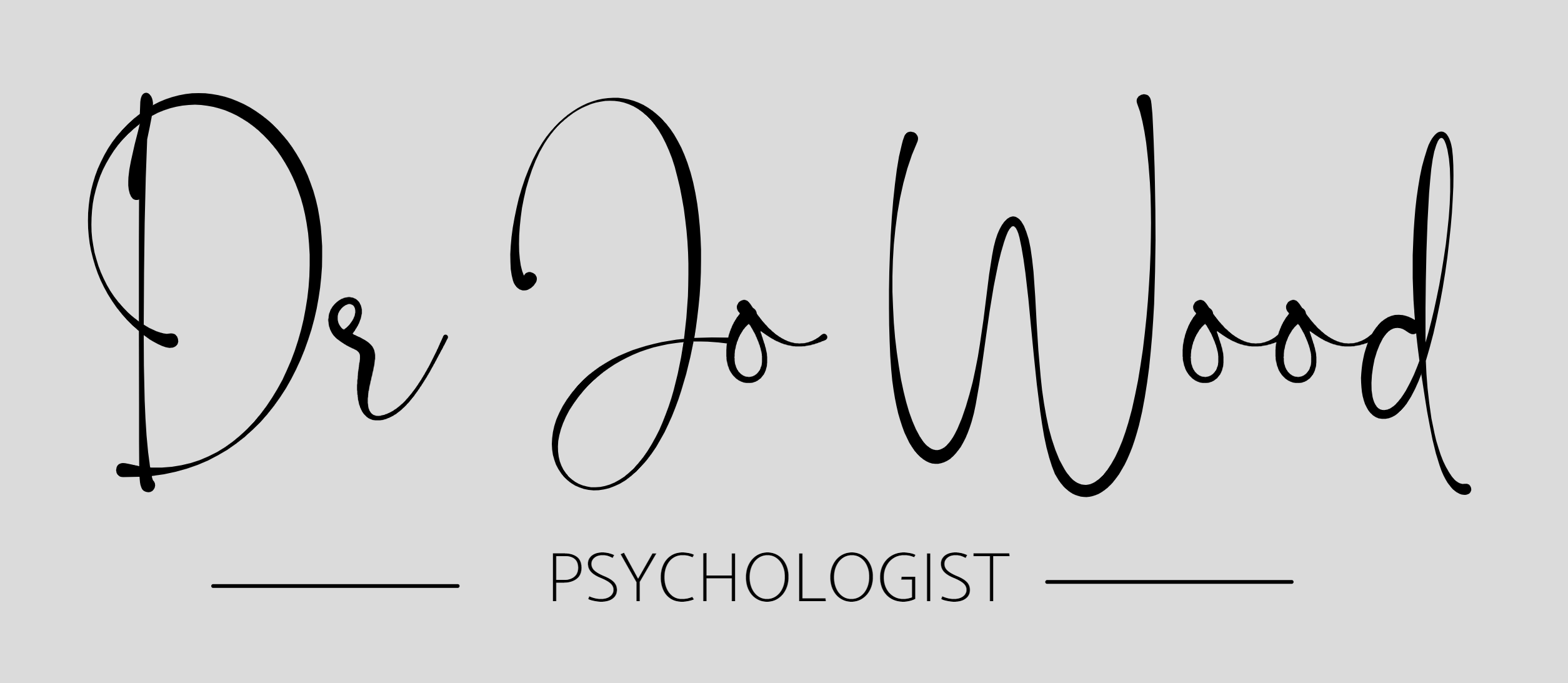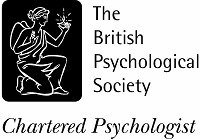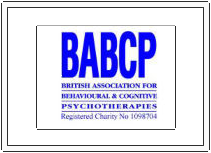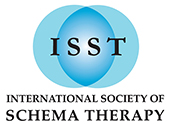Cognitive Behavioural Therapy (CBT)
Cognitive Behavioural Therapy or CBT is a talking therapy that has been found to be very helpful in treating a wide range of disorders in adults, children and young people. Focusing on the idea that what people think about a situation can affect how they feel and how they behave, a CBT therapist working with a client, looks to change a client's behaviours and thinking patterns in order to improve the ir mood.
ir mood.
There is a great deal of research evidence that CBT is effective for a range of psychological difficulties, and NICE guidelines recommends CBT for a number of common mental health problems, including depression, panic, social anxiety, OCD and PTSD.
CBT can be offered individually and in groups, and the number of sessions you will need depends upon your difficulties and severity. However, most people require between 6 and 20 weekly sessions lasting up to 60 minutes each.
Unlike other talking therapies, CBT is a very active therapy which requires you to jointly set goals with your therapist and to work between sessions in order to improve your situation. A CBT therapist will also enable you to become your own therapist and to continue to use what you have learnt at the end of treatment.
For more information about CBT, see the attached link below:






